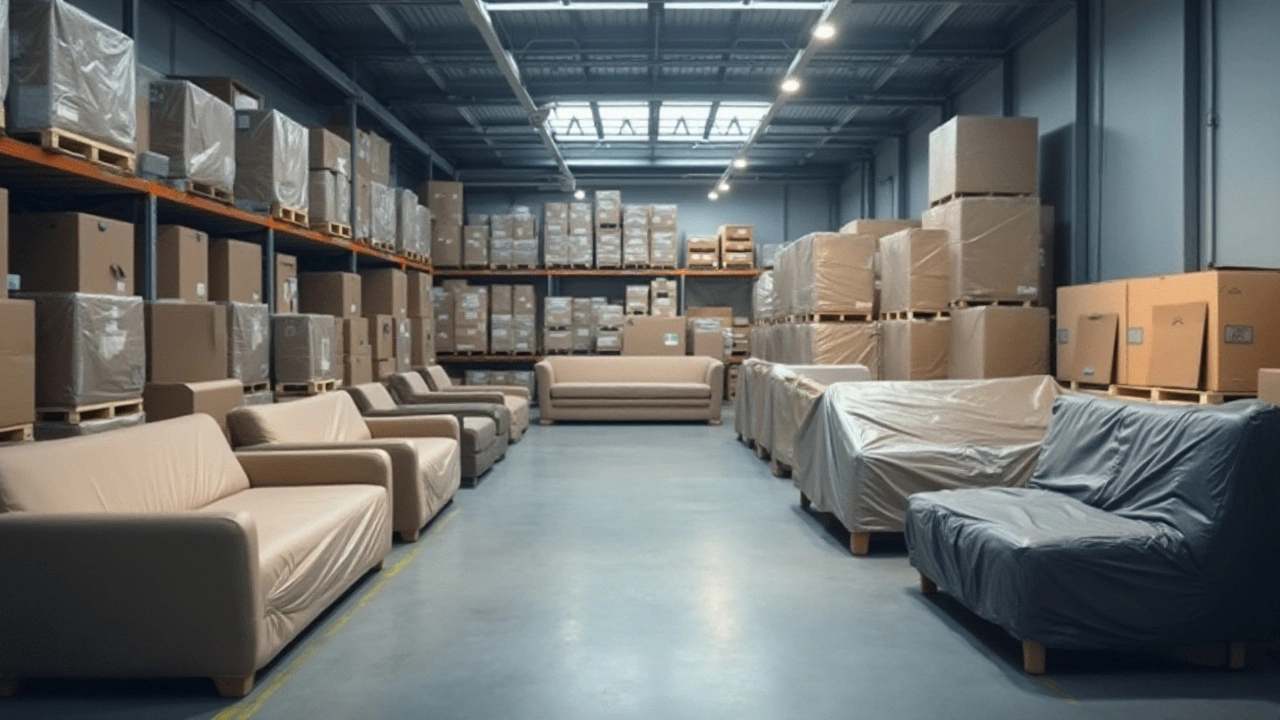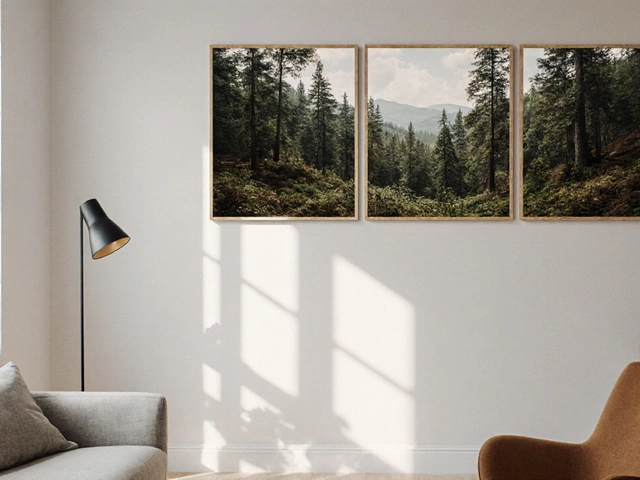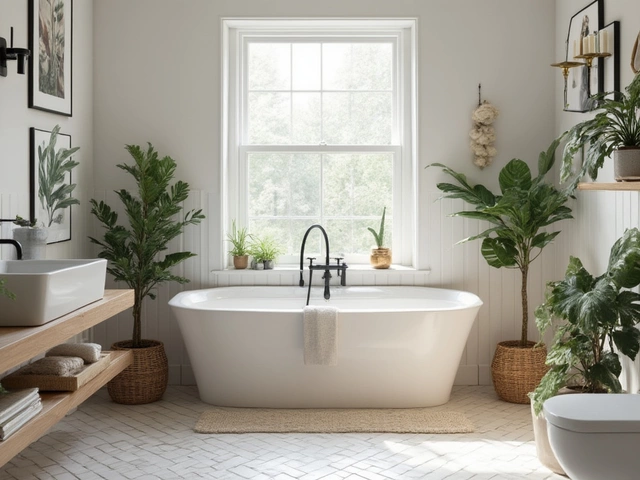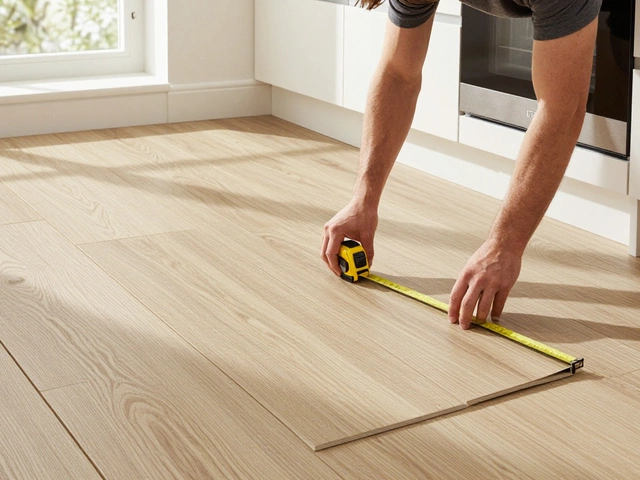Storage Units: Smart Tips to Maximise Space & Keep Your Stuff Safe
Whether you’re moving, decluttering, or need a place for seasonal gear, a storage unit can be a lifesaver. The trick is not just renting a space, but using it wisely so you don’t waste money or end up with damaged items. Below are the most useful steps you can start using right now.
Pick the Right Size and Layout
First, measure what you plan to store. A common mistake is grabbing a unit that’s too big and paying for empty space. Use a simple “floor plan” on paper: sketch the unit’s dimensions, then draw the biggest items – sofas, wardrobes, boxes. Arrange them virtually to see how they fit. If you have a 5x10 unit, fill the floor with larger furniture first, then stack smaller boxes on top. Leave a clear aisle for easy access; you’ll thank yourself when you need to pull out a box of winter coats.
When you’re unsure, start with a mid‑size unit (around 5x8) and add more later if needed. Most facilities let you upgrade without hassle. This way you avoid overpaying while still having room for future items.
Pack for Efficiency and Protection
Use uniform boxes – same size makes stacking a breeze. Fill every box tightly; empty space invites shifting and damage. Label each side with a short description and the room it belongs to. For fragile items, wrap them in bubble wrap or old blankets and place them at the bottom of the stack.
Think vertical. Shelving units or sturdy pallets keep boxes off the floor, protecting them from moisture. If you store tools or garden gear, hanging racks on the walls use otherwise wasted space. A simple tension rod can hold hoses, while metal hooks are great for ladders.
Keep Pests Out – Mice, Insects, and More
One of the biggest headaches in storage units is unwanted critters. Mice love warm, hidden spots, especially if you store food packets or fabric. Seal any food in airtight containers and avoid cardboard that’s been exposed to moisture.
Before you lock the door, do a quick sweep for any gaps. Use steel wool or foam sealant on small cracks; pests can squeeze through a hole the size of a dime. Some renters place lavender sachets or cedar blocks inside; they’re natural repellents and add a fresh scent.
If you notice droppings or gnaw marks, act fast. Contact the facility – many offer pest‑control services. In the meantime, move the affected items to a clean area and give them a good shake or wipe down.
Maintain Your Unit Over Time
Visit your unit at least once a season. A quick glance lets you spot water leaks, broken pallets, or stale smells before they become big problems. Rotate items you use occasionally – move them to the front so you don’t have to dig through piles.
Keep a small toolbox in the unit with a screwdriver, tape, and extra zip ties. You’ll be ready for any minor fixes without leaving the premises.
By following these steps – picking the right size, packing smart, guarding against pests, and checking in regularly – you’ll get the most out of your storage unit without stress. Your belongings stay organized, safe, and easy to find whenever you need them.






